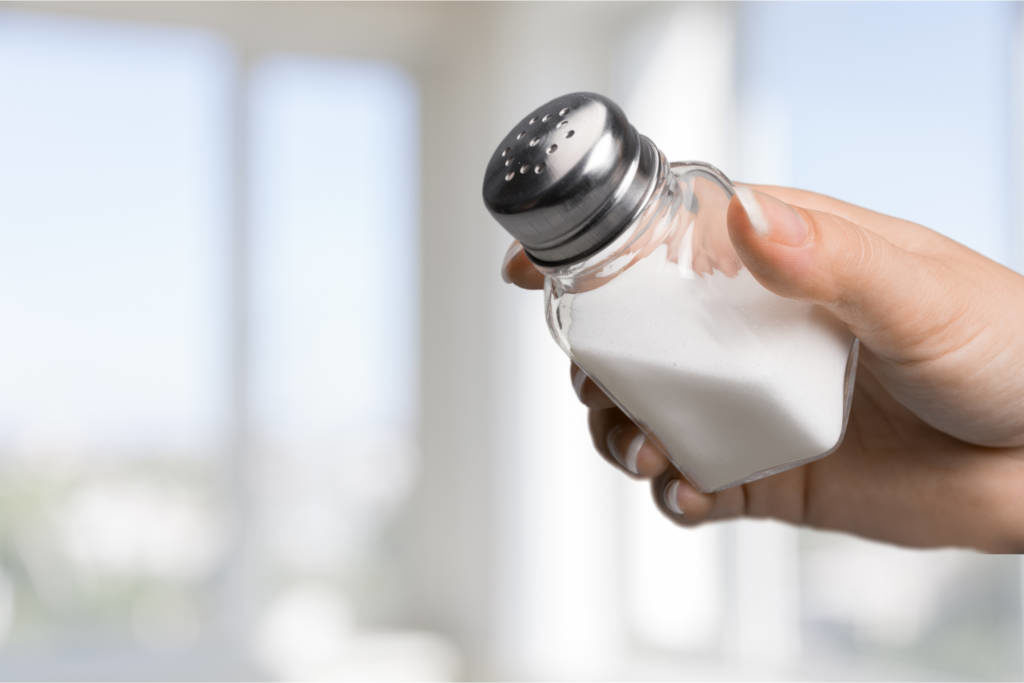The findings are in opposition to some studies, which found that lab animals infected with certain skin parasites healed significantly faster when fed a high-salt diet: Macrophages are particularly active in the presence of salt, leading many to conclude that sodium chloride has a generally immune-enhancing effect. The latest study, however, refutes that, and explains why.
A press release on the topic says that the body keeps the salt concentration in the blood and organs largely constant; otherwise, biological processes would be impaired. The only major exception is the skin, which functions as a salt reservoir—meaning that additional salt intake works well against some skin diseases. But most additional salt never makes it to the rest of the body. Instead, a sodium chloride sensor is activated in the kidneys, and the body filters out and excretes the salt; the side effect of this process is that the sensor causes glucocorticoids to accumulate in the body, which inhibit granulocytes, the most common type of immune cell in the blood. Granulocytes mainly attack bacteria; if they don’t do so to a sufficient degree, infections proceed more severely.
Related: Immune Support: A Holistic Endeavor Keys to a Healthy Heart Vitamin C and the Immune System: Nutritional Fortification to Support Defenses Against Viruses
For this study, mice were infected with listeria. Katarzyna Jobin, lead author of the study who has since transferred to the University of Wurzburg, explained in the release: “We had previously put some of [the mice] on a high-salt diet. In the spleen and liver of these animals we counted 100 to 1,000 times the number of disease-causing pathogens.” Listeria is often found in contaminated food, and can cause fever, vomiting, and sepsis. Urinary tract infections also healed more slowly in lab mice fed a high-salt diet.Salt also appears to have a negative effect on the human immune system. Dr. Christian Kurts, from the Institute of Experimental Immunology at the University of Bonn, explained in the release: “We have now been able to prove for the first time that excessive salt intake also significantly weakens an important arm of the immune system. We examined volunteers who consumed six grams of salt in addition to their daily intake. This is roughly the amount contained in two fast food meals, i.e. two burgers and two portions of French fries.” After one week, the researchers took blood samples. The test subjects had increased glucocorticoid levels—the most well-known glucocorticoid, cortisone, is known to suppress inflammation. The researchers also found that the immune cells coped much worse with bacteria after the test subjects had begun eating a high-salt diet.
The experiment, Dr. Kurts noted, exemplified the necessity of human trials. “Only through investigations in an entire organism were we able to uncover the complex control circuits that lead from salt intake to this immunodeficiency. Our work therefore also illustrates the limitations of experiments purely with cell cultures.”










